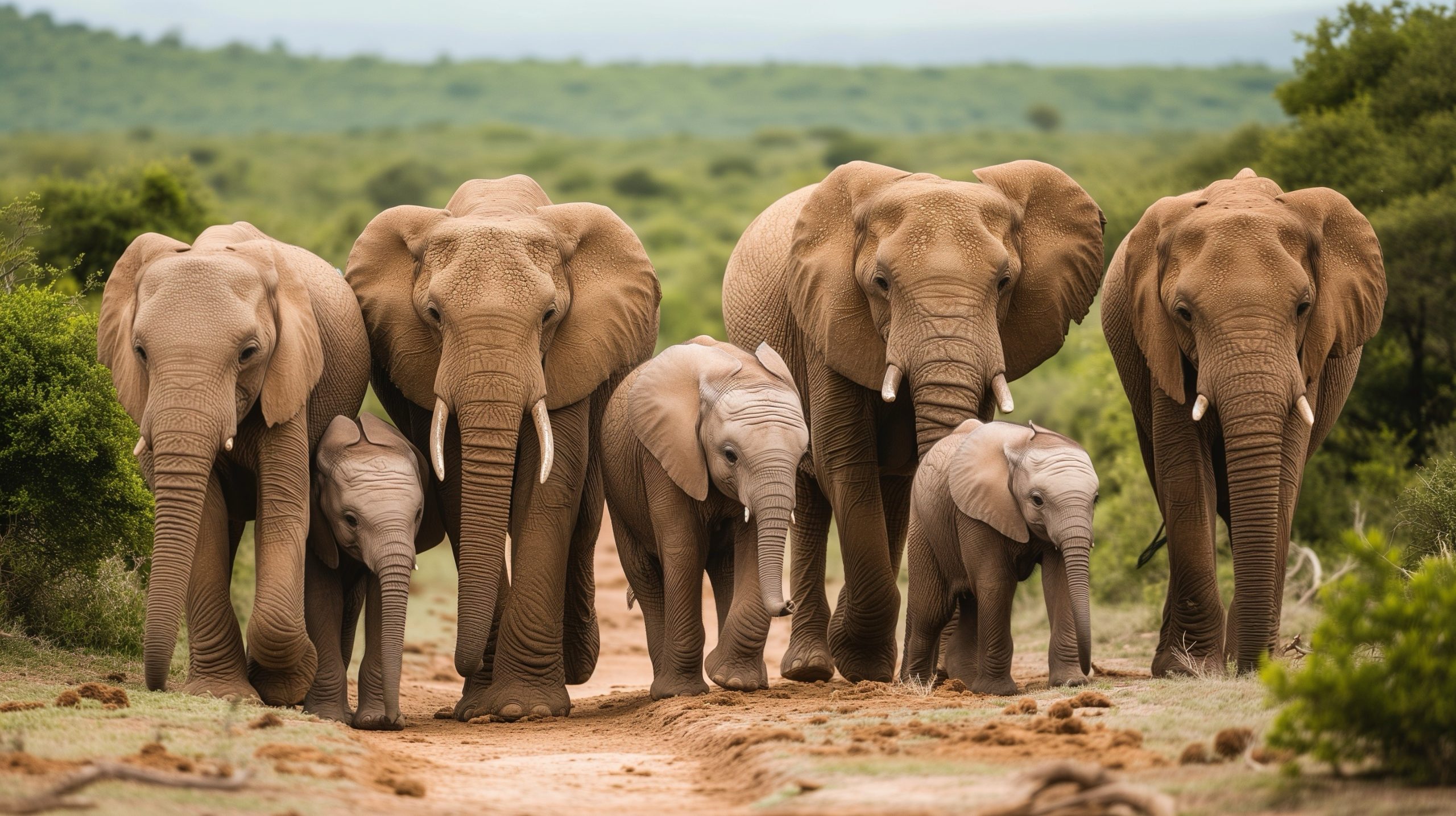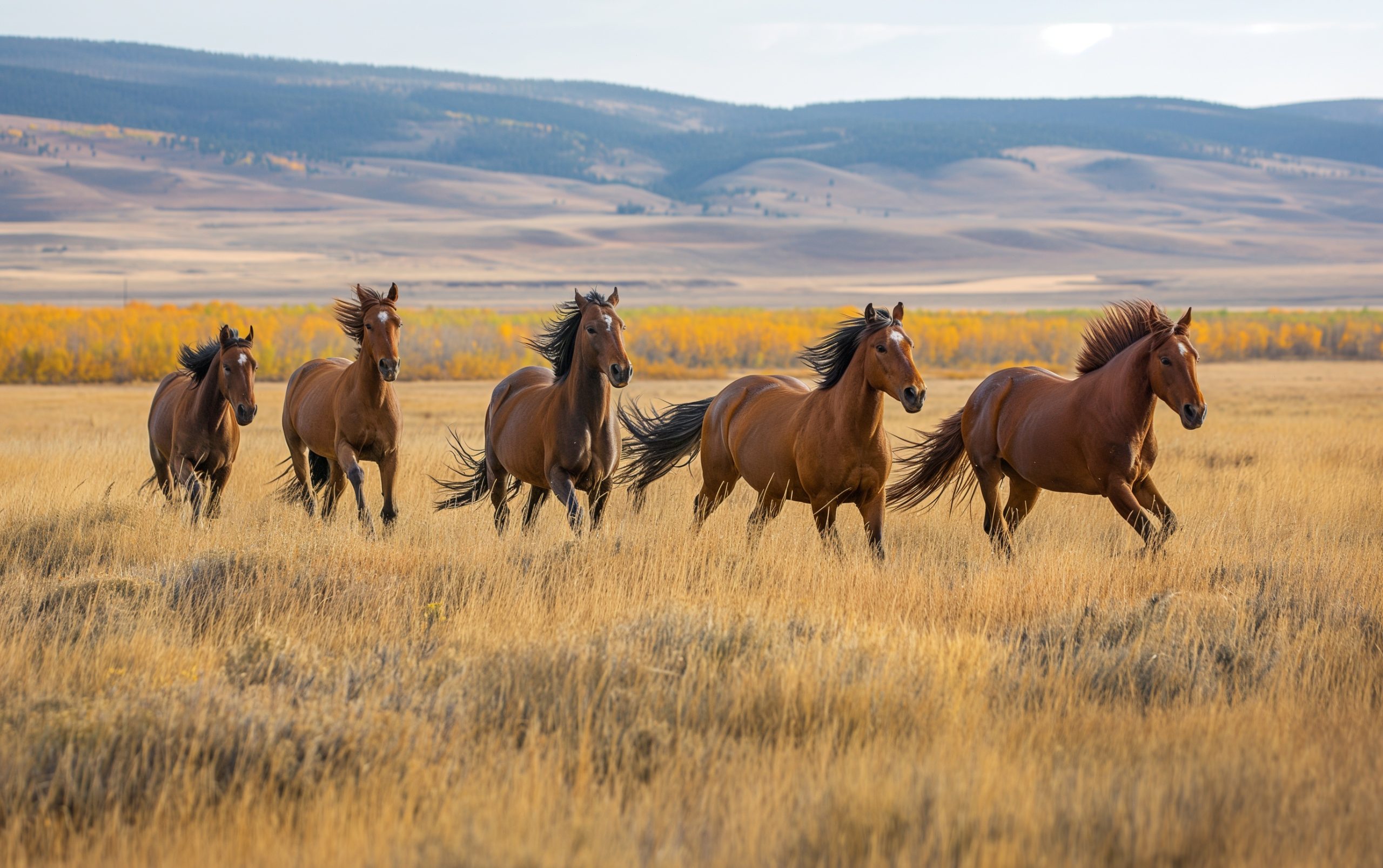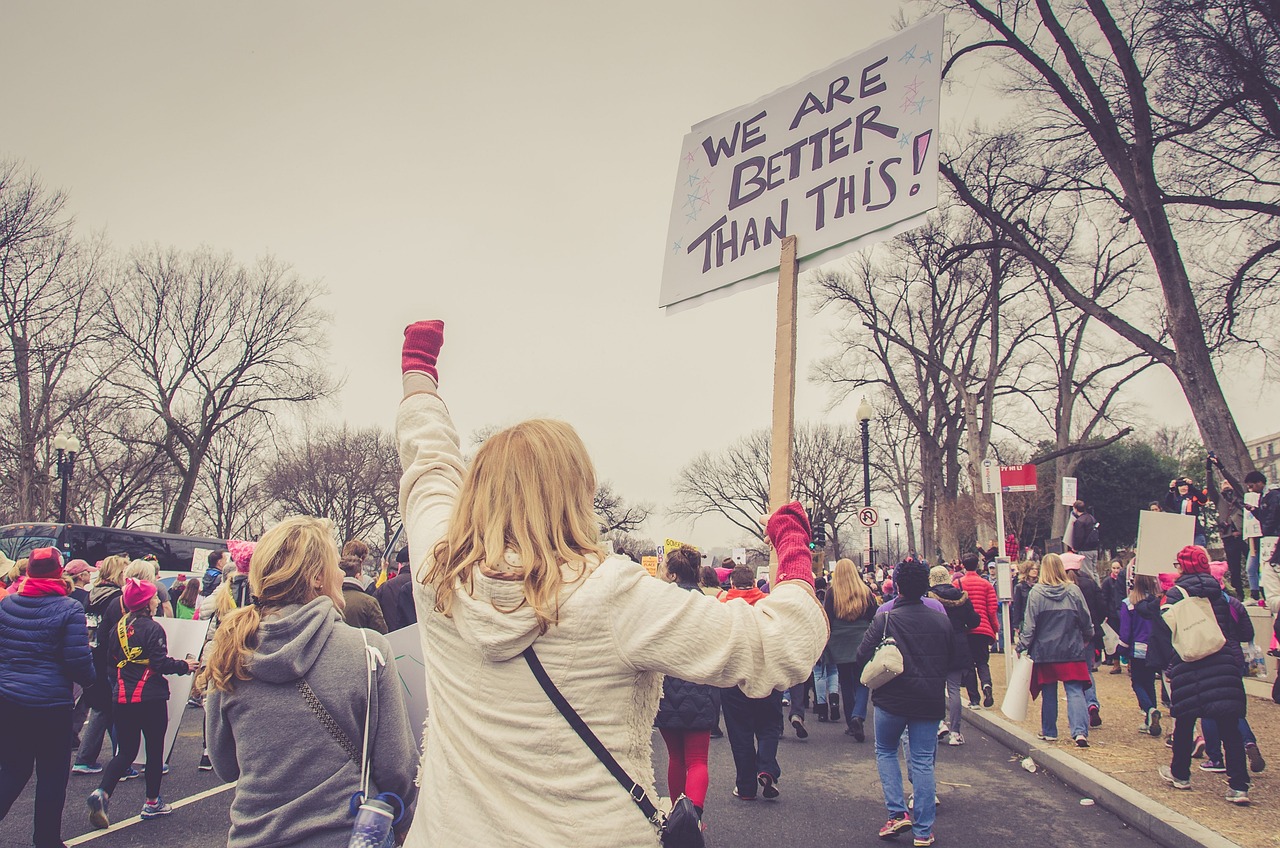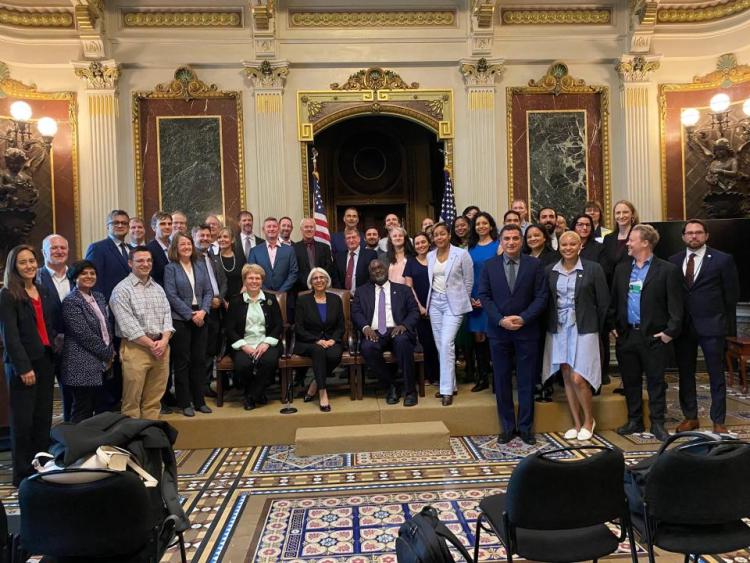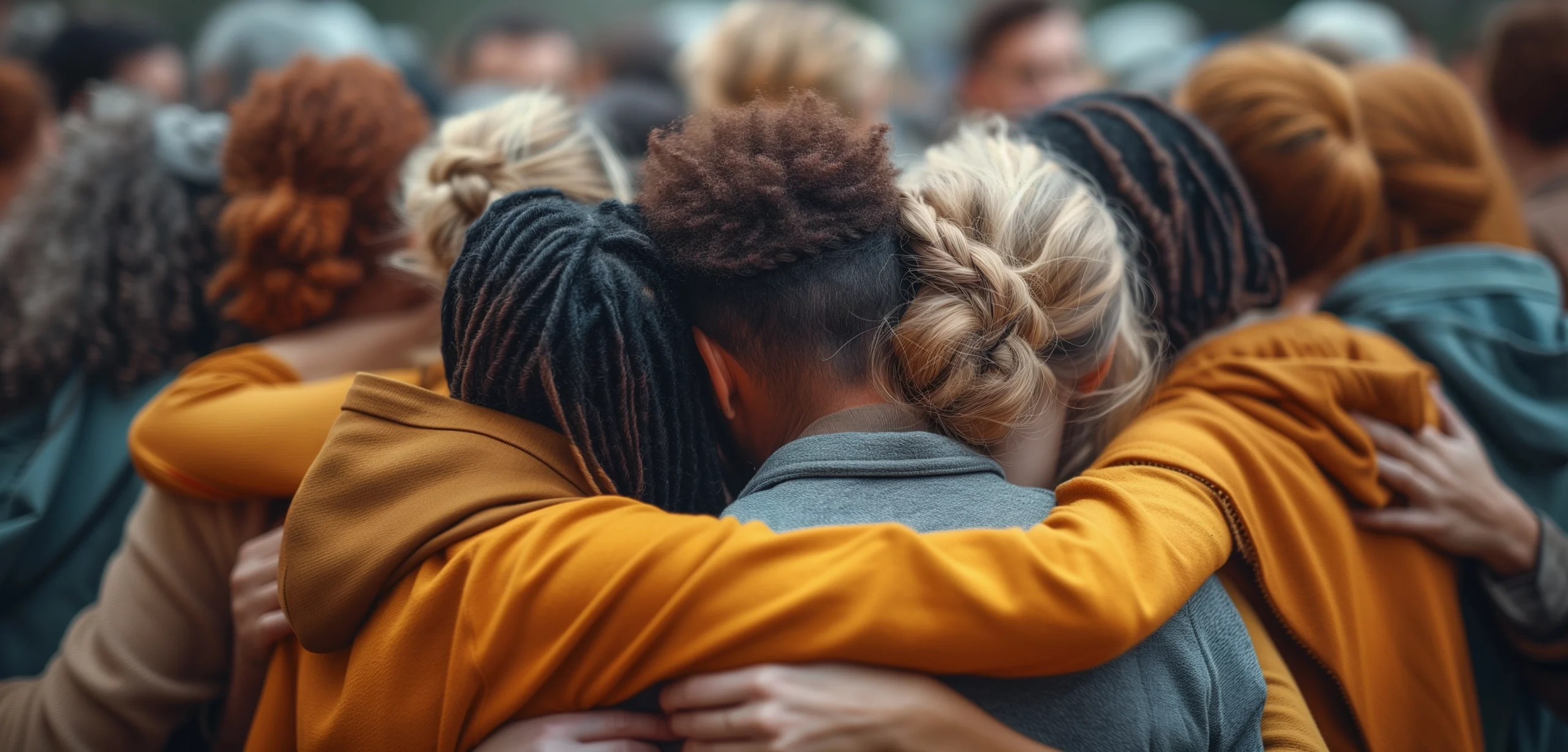Climate change is rapidly changing how humans and wildlife coexist. For farmers and agriculturalists in Asia and Africa, this includes coexistence with elephants, a multifaceted problem involving sustainability, economic fairness, environmental justice, and adapting agriculture. Karen Bailey, assistant professor of environmental studies and IBS Fellow, and CU Boulder Ph.D. student in environmental science, Tyler Nuckols, partner with researchers and conservation groups around the world to study conflict between agriculturalists and elephants. On World Elephant Day, they share more about solutions to these conflicts with Rachel Sauer on the CU Arts and Sciences Magazine.
In the News
William Taylor’s new book uncovers a unique history of horses
William Taylor, CU Boulder assistant professor of anthropology, IBS affiliate and curator of archaeology for the CU Boulder Museum of Natural History, has published a new book, Hoof Beats: How Horses Shaped Human History. With a decade of research behind it, the book takes a uniquely interdisciplinary perspective on the history of horses, combining archaeology with insights from ecology, evolutionary biology, oral traditions, historical records and more. Taylor received the spring 2024 Kayden Book Award from the CU Boulder College of Arts and Sciences for his work, with a $5,000 award given annually to a book representing excellence in history and the arts. Learn more about the book, available today, from Colorado Arts and Sciences Magazine writer, Doug McPherson.
Colleen Reid advises on heat wave dangers, precautions
Record-breaking summer temperatures are afflicting the nation. And they show no signs of stopping. The invisible danger of heat can wreck havoc on the body and hits vulnerable populations especially hard. Associate Professor of Geography at CU Boulder and IBS Fellow, Colleen Reid, shares about the dangers of heat and what we can do to mitigate its effects for CU Boulder Today.
Andrew Q. Philips’ study shows partisan divide shrinks among governors during economic downturns
Democratic and Republican governors may not be so divided when it comes to budget. While they have different budgetary priorities during times of economic strength, a new research paper shows the opposite occurs during economic uncertainty. Co-authored by Andrew Q. Philips, associate professor in the Department of Political Science and IBS Fellow, the paper details how governors on both sides of the aisle increase spending in similar categories while also cutting discretionary spending. Bradley Worrell writes more about Philips findings for the Colorado Arts and Sciences Magazine here.
Amanda Stevenson discusses impact of Dobbs decision two years out
It’s been two years since the landmark overthrow of Roe V. Wade. Amanda Stevenson, assistant professor of sociology at CU Boulder and IBS Fellow, has been researching the state of women’s health in states with and without abortion access. CU Boulder Today Science Writer, Lisa Marshall, writes more about Stevenson’s research here.
Jillian Turanovic, Emma Fridel awarded $1 million to lead study on red flag laws
Assistant Professor of Criminology at Florida State University, Emma Fridel, and Associate Professor of Sociology at CU Boulder and IBS Faculty Fellow, Jillian Turanovic, will lead a study to provide a “clear and sweeping look” at the effects of red flag laws. Red Flag Laws or RPOs, allow law enforcement agencies to file for the temporary removal of firearms from those who may be a danger to others or themselves. Currently, 19 states including Florida have RPOs, though little research has been done on their effects. The U.S. Department of Justice’s National Institute of Justice awarded $700,000 to the study, focusing on interpersonal violence. The National Collaborative on Gun Violence Research provided an additional $360,000 to expand the study’s scope to include effects on suicide. Learn more about the study from Florida State University’s College of Criminology & Criminal Justice News.
Jessica Finlay discusses the impact of third places on health in Vox article
Assistant Professor in the Department of Geography and IBS Faculty and Fellow, Jessica Finlay, was recently featured in a Vox News article discussing third places and their impact on health and well being. Third places, like bars and cafes, are where small but important social interactions take place. Finlay suggests that third places may have a significant impact on your health by improving feelings of loneliness. Read the full story by Allie Volpe on Vox News.
Amir Behzadan provides expertise at White House/NOAA AI workshop on numerical weather prediction
Amir Behzadan, professor of Civil, Environmental and Architectural Engineering and IBS faculty research fellow, attended the AI for Numerical Weather Prediction (AI4NWP) workshop on May 6. Hosted by both the White House Office of Science and Technology Policy and the National Oceanic and Atmospheric Administration (NOAA), this invitation-only workshop gathered experts from academia, government and the private sector to discuss the potential for artificial intelligence (AI) to transform weather prediction. Behzadan served on a panel about building and maintaining trust in AI systems. He provided his expertise on how human trust in AI-generated weather predictions can be used to inform decision-making. Susan Glairon, senior communications specialist for the College of Engineering and Applied Science, writes more about Behzadan’s experience at this important event here.
Beverly Kingston cited in Westword article on Colorado’s increasing juvenile murder rate
Over the past 14 years, the juvenile murder rate in Colorado has increased over 200% according to a recent article in Westword. Director of the Center for the Study and Prevention of Violence, Beverly Kingston, believes intervention and prevention tactics provided through community programs can greatly reduce these incidences of violence. However, Kingston warns the community must do more to ensure children receive the support and care they need.
